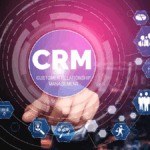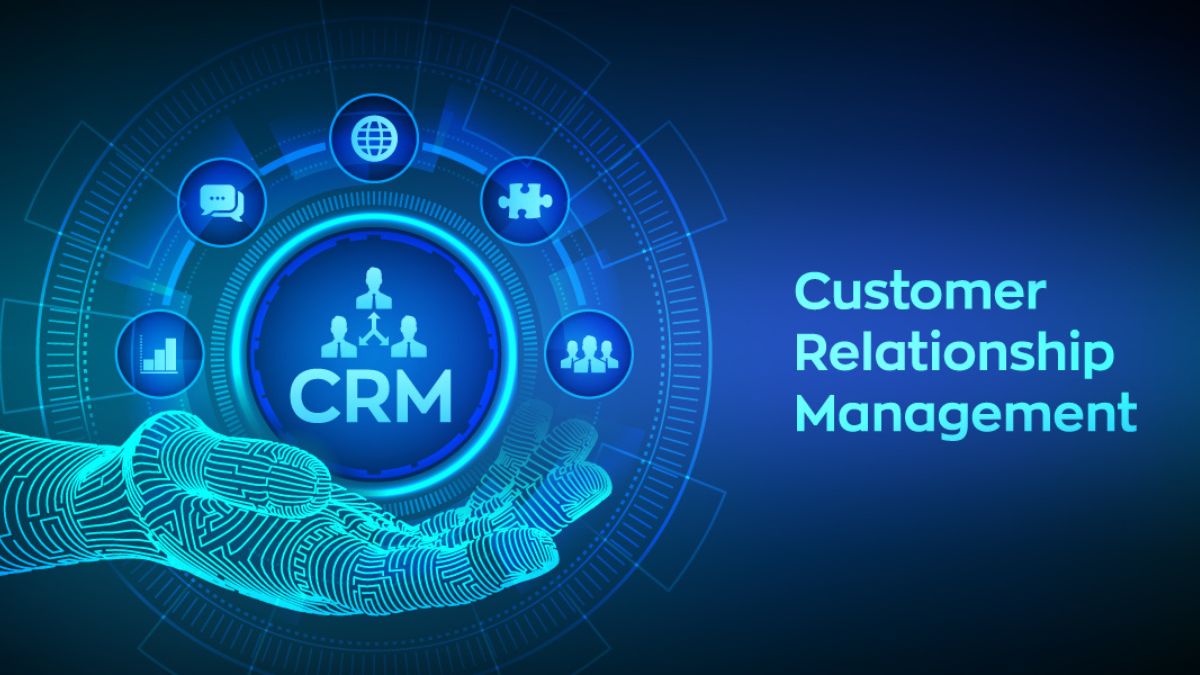In today’s competitive market, Customer Relationship Management (CRM) software has become a vital tool for businesses of all sizes. It helps streamline customer interactions, manage leads, improve team collaboration, and drive overall growth. But with so many options available, choosing the right CRM for your business can be overwhelming.
This guide will walk you through the key factors to consider when selecting the best CRM for your needs.
1. Understand Your Business Requirements
Before exploring CRM tools, define what your business truly needs from a CRM system. Different businesses use CRM for different purposes—some for sales tracking, others for marketing automation, and many for customer service.
Ask yourself:
- Do you need to manage leads and sales pipelines?
- Are you looking for marketing automation features?
- Do you want to improve customer support or retention?
- Will multiple departments use the CRM?
Make a list of must-have features versus nice-to-have ones. This will help you filter out unnecessary options quickly.
2. Consider the Size and Nature of Your Business
The best CRM for a small business may not be suitable for a large enterprise. Consider your current size, growth goals, and industry.
For small businesses or startups, look for CRMs that are user-friendly, affordable, and offer core functionalities. Tools like HubSpot CRM, Zoho CRM, or Freshsales are ideal.
For medium to large enterprises, CRMs like Salesforce, Microsoft Dynamics 365, or Oracle CRM provide advanced features, extensive customization, and scalability.
If you’re in a specific industry—like real estate, healthcare, or education—explore industry-specific CRM solutions.
3. Evaluate the Most Important Features
When comparing CRM platforms, focus on the features that align with your goals. Some of the most critical CRM features include:
- Contact and lead management
- Sales pipeline and deal tracking
- Email and communication integration
- Task and activity tracking
- Reporting and analytics
- Marketing automation
- Mobile access
- Custom workflows and fields
Don’t be distracted by flashy tools. Instead, focus on how each feature will support your daily operations.
4. Check for Integration with Other Tools
Your CRM should work well with your existing software stack. Check whether the CRM integrates with:
- Email services like Gmail or Outlook
- Marketing platforms like Mailchimp or ActiveCampaign
- Accounting tools like QuickBooks or Xero
- Project management tools like Trello or Asana
- Customer support software like Zendesk or Intercom
Integrations save time, reduce data entry, and help teams stay connected across platforms.
5. Test Usability and User Experience
Even the most powerful CRM is useless if your team can’t use it effectively. Choose a system with a clean interface and a short learning curve. Most CRMs offer a free trial or demo—take advantage of that.
During the trial, ask:
- Is the dashboard intuitive?
- How easy is it to add contacts, create tasks, and track deals?
- Can users be trained easily?
- How customizable are the views and reports?
Involve team members in the decision-making process so they feel comfortable adopting the tool.
6. Review Pricing and Long-Term Costs
CRM pricing varies widely. Some platforms are free for basic use, while others charge hundreds per user each month.
Consider:
- What’s included in the free or basic plan?
- Are there extra charges for add-ons, support, or integrations?
- Do they offer discounts for annual billing?
- Is there a per-user or flat pricing structure?
Choose a CRM that fits your budget without compromising critical features.
7. Assess Customer Support and Onboarding
Reliable customer support can make a big difference during setup and ongoing use. Look for CRM providers that offer:
- Live chat or phone support
- Knowledge bases and FAQs
- Onboarding tutorials or webinars
- Community forums for user discussions
Good support ensures you can resolve issues quickly and make the most of your CRM investment.
Conclusion
Choosing the right CRM for your business isn’t about picking the most popular brand—it’s about finding a solution that fits your specific needs, goals, and workflow. Define your requirements, compare features, check integrations, and consider ease of use and cost. A carefully chosen CRM can transform how you engage with customers and grow your business efficiently.











